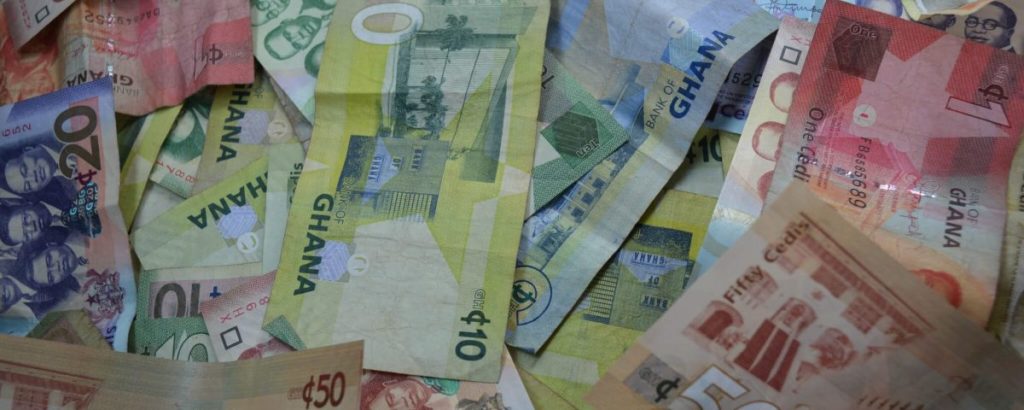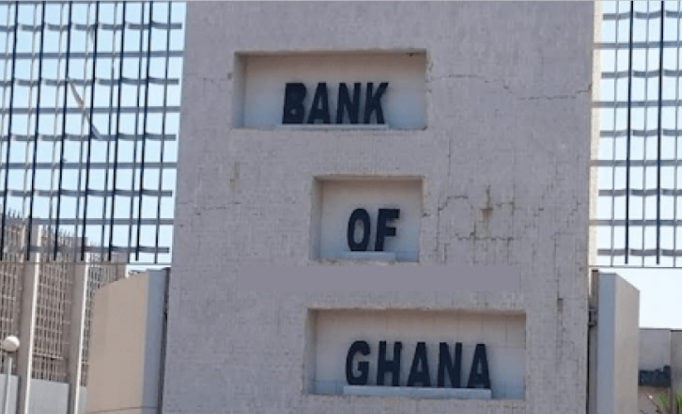The Bank of Ghana has intimated that the banking sector is liquid and well-positioned to absorb liquidity, credit, exchange rate, and interest rate shocks due to resilience to stress tests carried out.
“The development reflects the gains from the recent banking sector reforms and the COVID-19 policy responses,” which depicts that “the sector on its own can correct for such liquidity imbalances resulting from mild to moderate shocks through interbank activities,” the Bank of Ghana revealed adding that in terms of the survival rate of the sector to liquidity runs, it remains high across the baseline and the moderate scenarios.
Supported by strong capital build-up from profit retention and the recent capital injection (recapitalisation), the resilience of the banking sector to credit risk shocks remain strong due to the prompt policy response to the COVID-19 pandemic including the freeze on dividend pay-out, reduction in the Cash Reserve Requirement and the reduction in policy rate supported the sector to build-up reserves to withstand credit shocks.
The Bank of Ghana further asserted that the impact of exchange rate shocks on the banking system is muted. The result of the exchange rate stress tests indicates that, “an unexpected significant depreciation or appreciation of the Ghana Cedi against the US Dollar would not have any significant impact on the solvency position of institutions, reflecting the existing tight limits on net open positions”.
Going further in the case of interest rate, the Bank of Ghana holds that the industry also remains resilient to interest rate shocks implying that maturity of assets is well aligned with liabilities. However, the industry appears to be more vulnerable to upward adjustment in interest rate than in a situation where rates generally decline
“The multi–factor scenario combines credit (loan migration model), exchange rate (depreciation) and upward adjustment in interest rate shocks. The results show that, the banking sector continues to be resilient to concurrent asset quality downgrade, extreme interest rate increases and depreciation of the Cedi against the US Dollar.
“Following the multifactor shock, stressed capital adequacy ratio (CAR) of the industry under the extreme scenario stood at 13.6 percent well above the minimum statutory CAR required under such extreme adverse conditions,” the Bank of Ghana added.

In conclusion the Bank of Ghana opined that the updated stress test on the banking sector showed that the sector is well-positioned to withstand mild to moderate liquidity and credit shocks on account of the strong capital buffers and high liquidity. Also, the banking sector industry is resilient to exchange rate and interest rate shocks.
The Bank of Ghana further assured that its outfit will continue to “monitor any potential shocks to the banking sector and respond appropriately”.



















